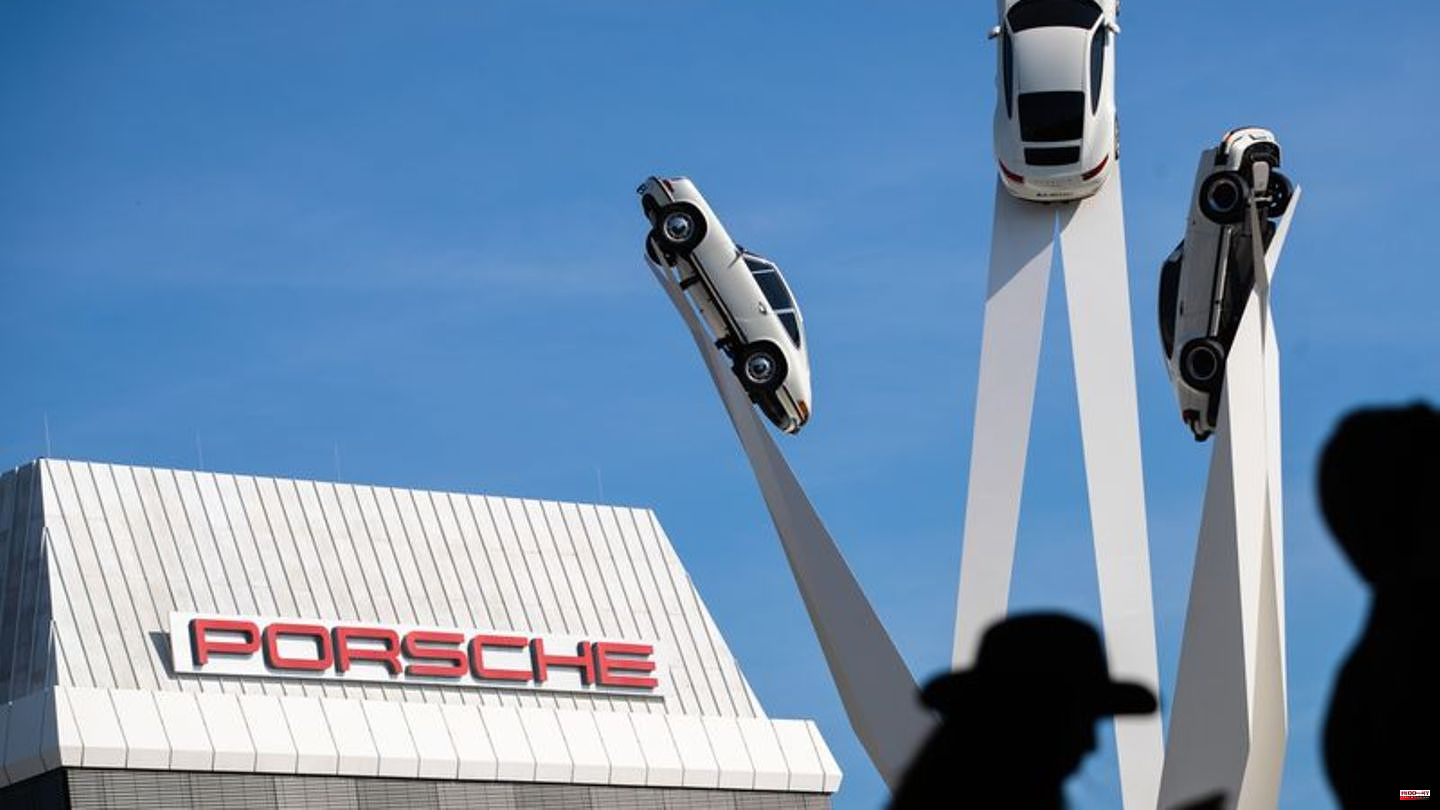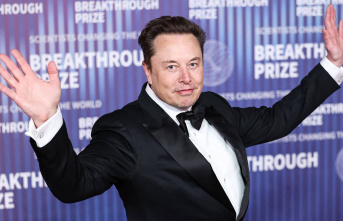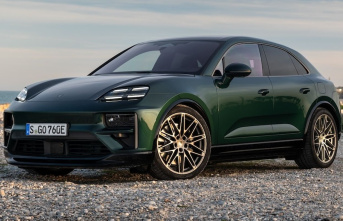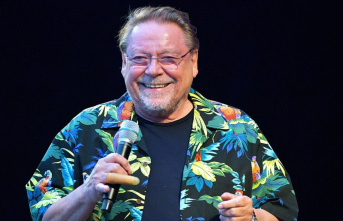Too expensive, too fancy, too loud, too many bells and whistles: If you want to work your way through Porsche, you can find a number of such points. While most car manufacturers are putting their new all-electric models in their shop windows, the 911 will continue to roar with a combustion engine for the time being. And so far, Porsche has only put one model on the road that is fully electric.
The people of Stuttgart obviously don't allow themselves to be driven by the zeitgeist. And yet - or precisely because of this - 75 years after the first registration of its first sports car, Porsche is more successful than ever. The only question is: will it stay that way when electromobility takes hold?
The initial phase
35 hp, a weight of almost 600 kilograms and a top speed of 135 kilometers per hour: What today doesn't sound like a sports car at all was a minor technical revolution in 1948. With its round headlights and sleek shape, the Porsche 356 is at least visually reminiscent of its numerous successors. On June 8, 1948, the original Porsche manufactured in Gmünd in Austria received its first registration - this is considered the birth of the Porsche sports car.
A lot has happened since then: racing successes, the development of the 911 in 1963 - so there is also a birthday to celebrate here - and growth. But also the impending decline of the 1990s, with today's best-selling model Cayenne, the flight into the SUV segment and a lost takeover battle with Volkswagen.
However, the logo that is emblazoned on the front of the vehicles has hardly changed. The coat of arms with the horse in the middle has been used since 1952. And even if Porsche presented a modernization at the beginning of June, which is said to have been created in a three-year process, the coat of arms with the reference to Stuttgart, the golden background and the black and red bars has remained largely the same.
Who buys a Porsche?
What has not changed is the Porsche clientele, as business psychologist Rüdiger Hossiep from the University of Bochum observes. He describes it like this: "Porsche drivers want to convey that they are solvent, sporty and in a good mood. For many - especially men - it's also a childhood dream."
Porsche itself also speaks of the "high loyalty" of its customers. That didn't change with the introduction of the SUV either. And with the introduction of the only all-electric Taycan model, new customer groups have also been developed.
To find out which people are attracted to such a car, it is worth taking a look at Hossiep's surveys. Accordingly, Porsche drivers are well above the average for all drivers in the dimensions of sportiness, fascination, enjoyment, public image, status awareness and many others.
Accordingly, compliance, security and functionality are less important to them than the average. These are not particularly surprising results for a car with the ignition switch mounted on the left, which used to promise a starting advantage at the 24 Hours of Le Mans.
A Porsche is "a toy for people who earn good money, are good on the road and then also want to show that they enjoy life," says the car expert Ferdinand Dudenhöffer. That also has something to do with moving dynamically. Porsche customers are also people who disregard conventions and want to play entrepreneurial roles, he says. This is also why Finance Minister Christian Lindner (FDP) is so in love with Porsche.
High turnover - also in the future?
A look at the current figures from the Zuffenhausen company shows that good money can be earned with such a "toy". The profits are constantly increasing. And the vast majority of car manufacturers can only dream of a margin - i.e. the share of operating profit in sales - of 18.2 percent. In addition, Porsche is already ranked in the Dax less than a year after the IPO and has long since left the parent company VW behind in terms of stock market valuation.
But what will become of the fun when, in future, the boxer engine no longer roars behind your back, but instead the battery provides the drive? For psychologist Hossiep, that doesn't really go together. "Life with an electric Porsche sports car is possible, but pointless."
For sports car drivers, this includes haptics, smells, noises or vibrations. Letting that come out of the loudspeaker is unthinkable for many. "You can just sit in a driving simulator."
Dudenhöffer sees it a little differently: electric cars accelerate faster than a conventional vehicle, which fits in with the dynamics again. "So I think it actually fits together very well." The time when speed was accompanied by noise is coming to an end. "So I think Porsche will survive."
In concrete terms, Porsche plans to deliver more than 80 percent of new vehicles fully electric in 2030. But this goal will be a long way off in 2022: Because significantly fewer Taycans were sold, the purely electric share fell from 13.7 percent to 11 percent. According to the company, the reason for this is supply bottlenecks. The downward trend also continued in early 2023.
The classic 911
On the other hand, Porsche is investing in its own production of eFuels in Chile and is relying on the potentially climate-friendly fuel to decarbonize the large existing fleet. Ultimately, however, it should also be about bringing the classic 911 further to men and women. According to the company, there should not be a fully electric version of the 911, at least as things currently stand.
The batteries would have to be significantly lighter and smaller in order to implement the classic concept of a 2 2-seater with the motor behind the rear axle, explains a spokeswoman. But think about a very sporty hybrid version of the 911. "The 911 will still be available as a combustion engine as long as there are enough customers who want combustion vehicles and as long as the regulations allow it." Demand remains high.









